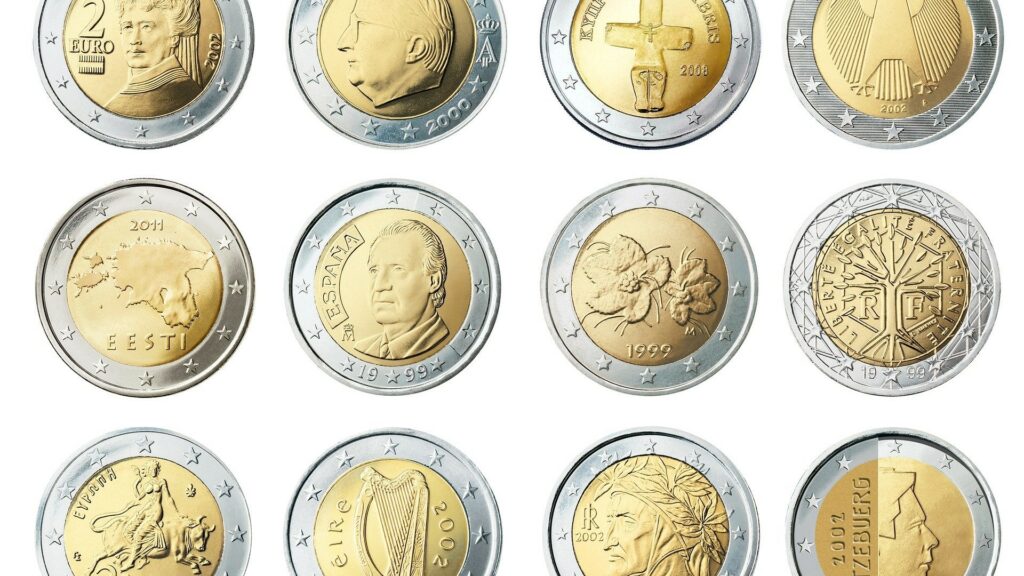I am grateful to Péter Staviczky for comments on an earlier draft of this article. I am solely responsible for its contents. The European Commission retains its sole right to assess the compatibility of aid granted on the basis of the GBER. Criteria defined in national law need not be taken into account by the Commission. The SME status has […]
State Aid Law
Blog
State Aid Uncovered Blog
In Lexxion’s State Aid Uncovered blog, Prof. Phedon Nicolaides publishes weekly critical analyses of recent State aid judgments and decisions. Each post presents the key points of a court judgment or EU Commission decision, places it in the context of similar case law or practice, assesses the underlying reasoning and highlights any inconsistencies or contradictions.
Guest contributions from other State aid experts will also be published on the blog at irregular intervals to complement the content of the blog posts.
- Eesti Pagar ×
6. October 2020 |
State Aid Uncovered
by Phedon Nicolaides
14. July 2020 |
State Aid Uncovered
by Phedon Nicolaides
The Annual Competition Report is a useful document, but it should provide more information on the results of the ex post evaluations and ex post monitoring. Update on Temporary Framework: Number of approved and published COVID-19 measures, as of 10 July 2020: 202* Legal basis: Article 107(2)(b): 20; Article 107(3)(b): 171; Article 107(3)(c): 17 Six Member States have implemented 11 […]
2. June 2020 |
State Aid Uncovered
by Phedon Nicolaides
Member States abolish bilateral investment treaties between themselves. When the Commission orders recovery of incompatible State aid, interest has to be added to the recoverable amount for the whole period of illegality regardless of any national limitation rules. In 2018, Member States granted EUR 121 billion to industry and services, EUR 6.3 billion to agriculture and EUR 50 billion to […]
21. February 2020 |
State Aid Uncovered
by Phedon Nicolaides
State aid to incentivise the use of waste to produce energy must be individually notified. Introduction Waste management is an increasingly important aspect of policies aiming to prevent environmental degradation and slow down climate change. As the market for recycling expands and waste management becomes more profitable, there is also a higher risk of harm to competition by State aid. […]
- Eesti Pagar ×
6. October 2020 |
State Aid Uncovered
by Phedon Nicolaides
I am grateful to Péter Staviczky for comments on an earlier draft of this article. I am solely responsible for its contents. The European Commission retains its sole right to assess the compatibility of aid granted on the basis of the GBER. Criteria defined in national law need not be taken into account by the Commission. The SME status has […]
14. July 2020 |
State Aid Uncovered
by Phedon Nicolaides
The Annual Competition Report is a useful document, but it should provide more information on the results of the ex post evaluations and ex post monitoring. Update on Temporary Framework: Number of approved and published COVID-19 measures, as of 10 July 2020: 202* Legal basis: Article 107(2)(b): 20; Article 107(3)(b): 171; Article 107(3)(c): 17 Six Member States have implemented 11 […]
2. June 2020 |
State Aid Uncovered
by Phedon Nicolaides
Member States abolish bilateral investment treaties between themselves. When the Commission orders recovery of incompatible State aid, interest has to be added to the recoverable amount for the whole period of illegality regardless of any national limitation rules. In 2018, Member States granted EUR 121 billion to industry and services, EUR 6.3 billion to agriculture and EUR 50 billion to […]
21. February 2020 |
State Aid Uncovered
by Phedon Nicolaides
State aid to incentivise the use of waste to produce energy must be individually notified. Introduction Waste management is an increasingly important aspect of policies aiming to prevent environmental degradation and slow down climate change. As the market for recycling expands and waste management becomes more profitable, there is also a higher risk of harm to competition by State aid. […]
- Eesti Pagar ×
6. October 2020 |
State Aid Uncovered
by Phedon Nicolaides
I am grateful to Péter Staviczky for comments on an earlier draft of this article. I am solely responsible for its contents. The European Commission retains its sole right to assess the compatibility of aid granted on the basis of the GBER. Criteria defined in national law need not be taken into account by the Commission. The SME status has […]
14. July 2020 |
State Aid Uncovered
by Phedon Nicolaides
The Annual Competition Report is a useful document, but it should provide more information on the results of the ex post evaluations and ex post monitoring. Update on Temporary Framework: Number of approved and published COVID-19 measures, as of 10 July 2020: 202* Legal basis: Article 107(2)(b): 20; Article 107(3)(b): 171; Article 107(3)(c): 17 Six Member States have implemented 11 […]
2. June 2020 |
State Aid Uncovered
by Phedon Nicolaides
Member States abolish bilateral investment treaties between themselves. When the Commission orders recovery of incompatible State aid, interest has to be added to the recoverable amount for the whole period of illegality regardless of any national limitation rules. In 2018, Member States granted EUR 121 billion to industry and services, EUR 6.3 billion to agriculture and EUR 50 billion to […]
21. February 2020 |
State Aid Uncovered
by Phedon Nicolaides
State aid to incentivise the use of waste to produce energy must be individually notified. Introduction Waste management is an increasingly important aspect of policies aiming to prevent environmental degradation and slow down climate change. As the market for recycling expands and waste management becomes more profitable, there is also a higher risk of harm to competition by State aid. […]







